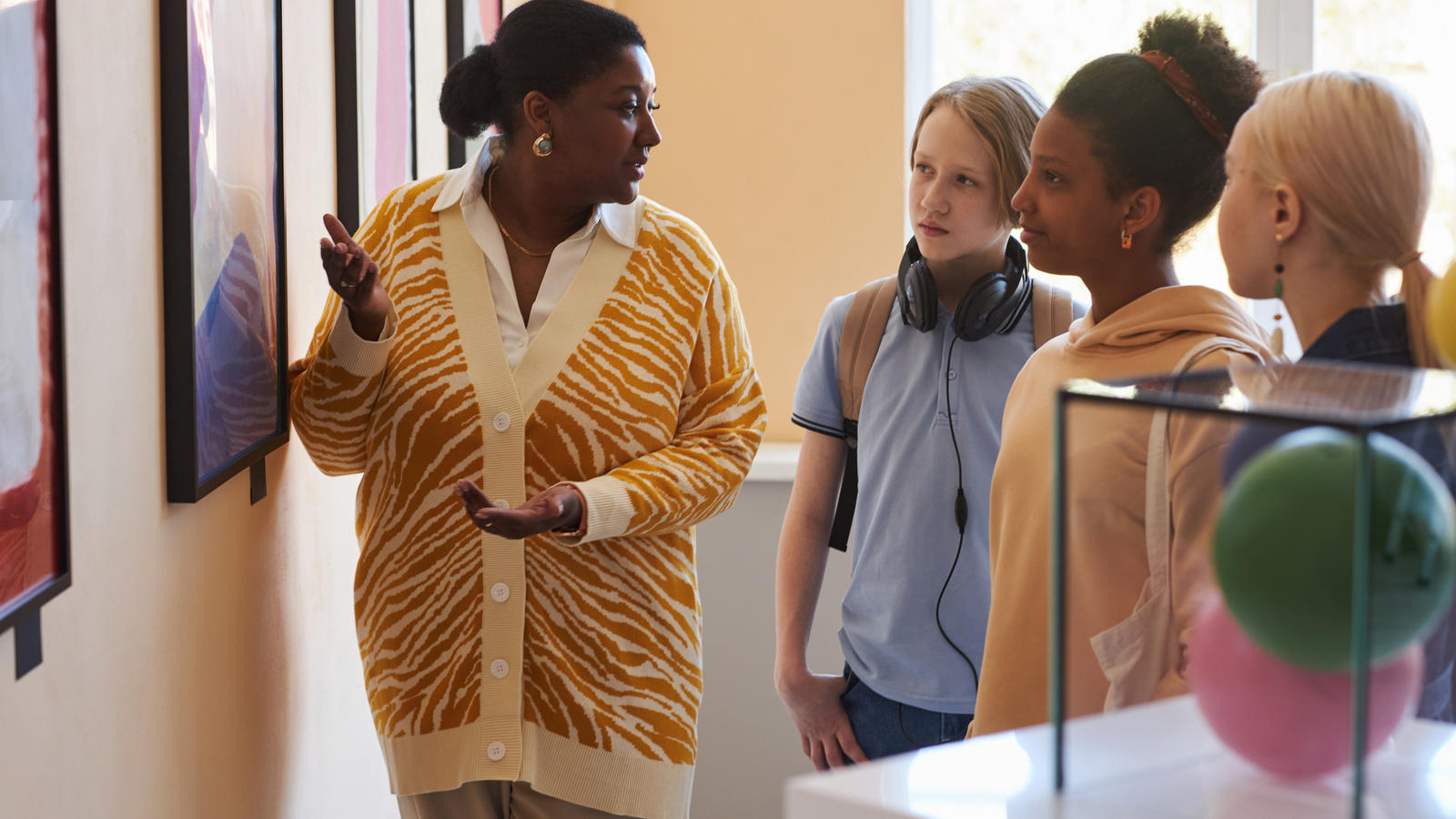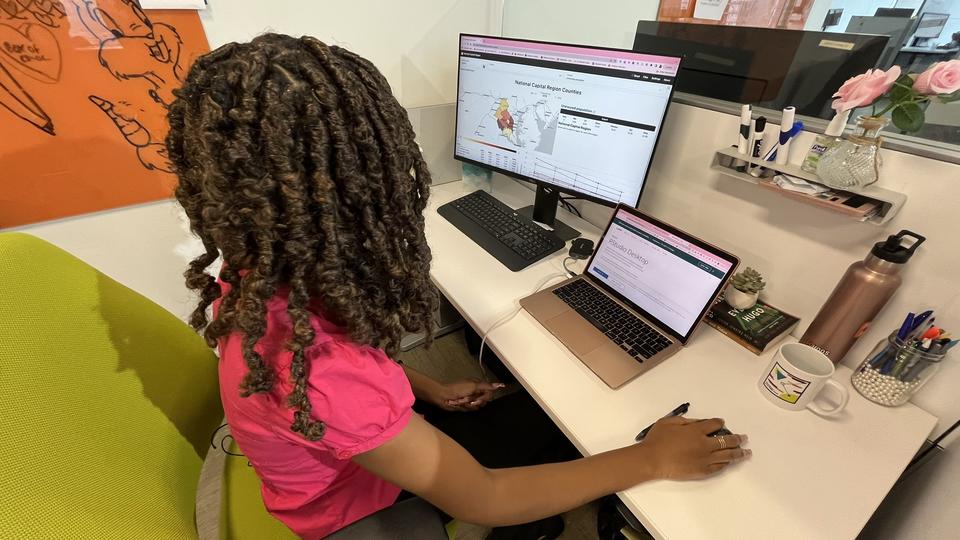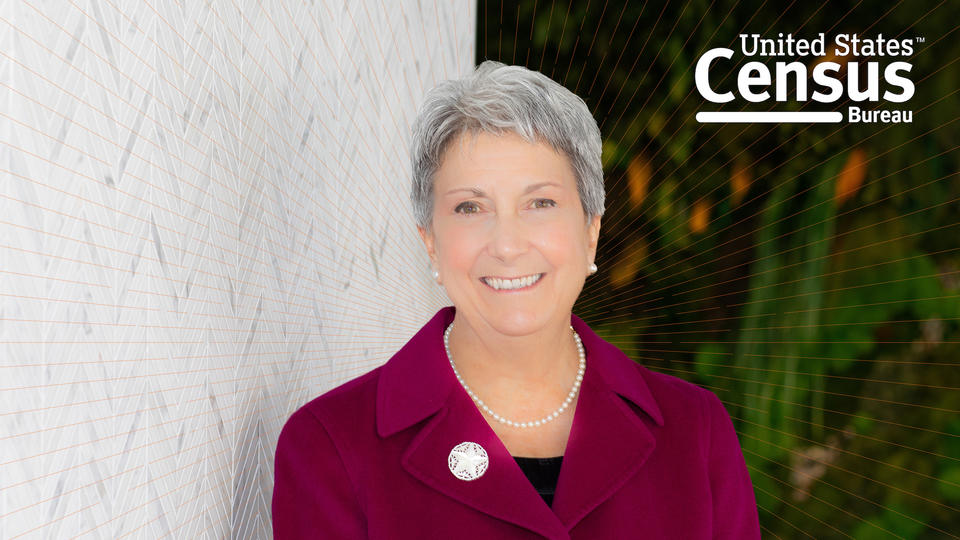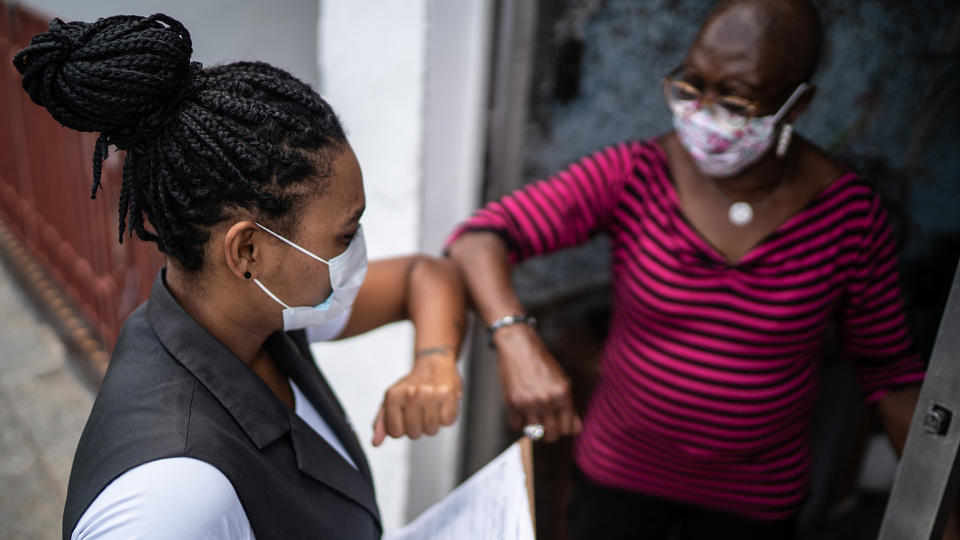News
News Stories
Recently, the Biocomplexity Institute was awarded new funding from the Sloan Foundation to aggressively design a Use Case Research Program to develop the Curated Data Enterprise.
With a long and successful career steeped in statistics, the University of Virginia Biocomplexity Institute’s Sallie Keller will step into a new post that might well have been tailor made for the nationally recognized research scientist. Keller will join the U.S. Census Bureau as chief scientist and associate director for research and methodology lending her scientific knowledge and expertise to advise the Census Bureau’s programs and continued need to produce high-quality statistical products describing America and for use by decision makers in many roles.
An independent team of former census directors and prominent social scientists based at the University of Virginia (UVA) is helping the agency meet their goals, and last week it released a progress report on its 4-year effort. “The Census Bureau is already moving in the right direction, and we’re hoping to help them get there by exploring some of the scientific issues that need to be addressed,” says Sallie Keller, a UVA statistician leading the team along with former Census Director Kenneth Prewitt.

A research team at the University of Virginia has set its sights on developing new and better measures of America’s people, places, and the economy through a comprehensive innovation they call a Curated Data Enterprise. The research is being done in collaboration between the U.S. Census Bureau and UVA’s Biocomplexity Institute with additional support from the Alfred P. Sloan Foundation.
The last couple years have been a bear for all of us — and the federal government wasn’t immune. But we’re betting that few federal agencies had it as rough as the U.S. Census Bureau, the federal agency charged with collecting all sorts of data — from who lives here, to where we live, to how much we pay for our homes. The pandemic wreaked total havoc on the decadelong plans to conduct the 2020 census, which dictates everything from states’ representation in Congress to the flow of billions of dollars in federal money.

Technology advances forced the Census Bureau to use sweeping measures to ensure privacy for respondents. The ensuing debate goes to the heart of what a census is.

Robert L. Santos, a career statistician, heads an agency in recovery from a tumultuous 2020 census. In an interview, he talks about making the 2030 count better.

Santos aims to modernize agency before 2030 count.

Several justice experts are now calling for reform of the U.S. census after its bureau admitted in a recent report that it undercounted Black, Latino and Indigenous Americans as part of the 2020 census, while overcounting white and Asian Americans.

Some experts are arguing that it’s time for the census to aggressively make use of government data and other sources to augment its own decennial count.




















